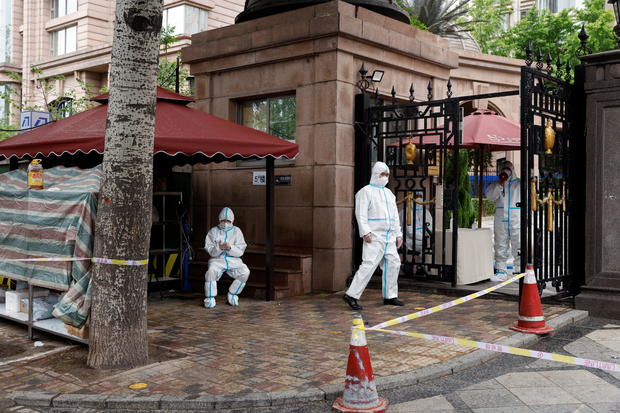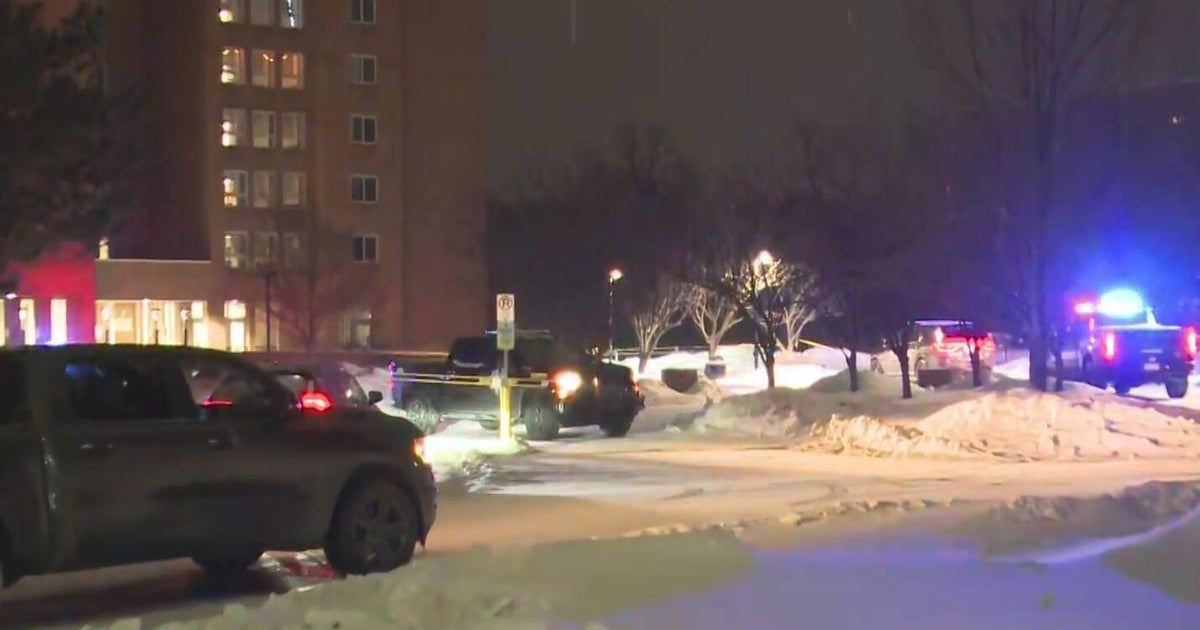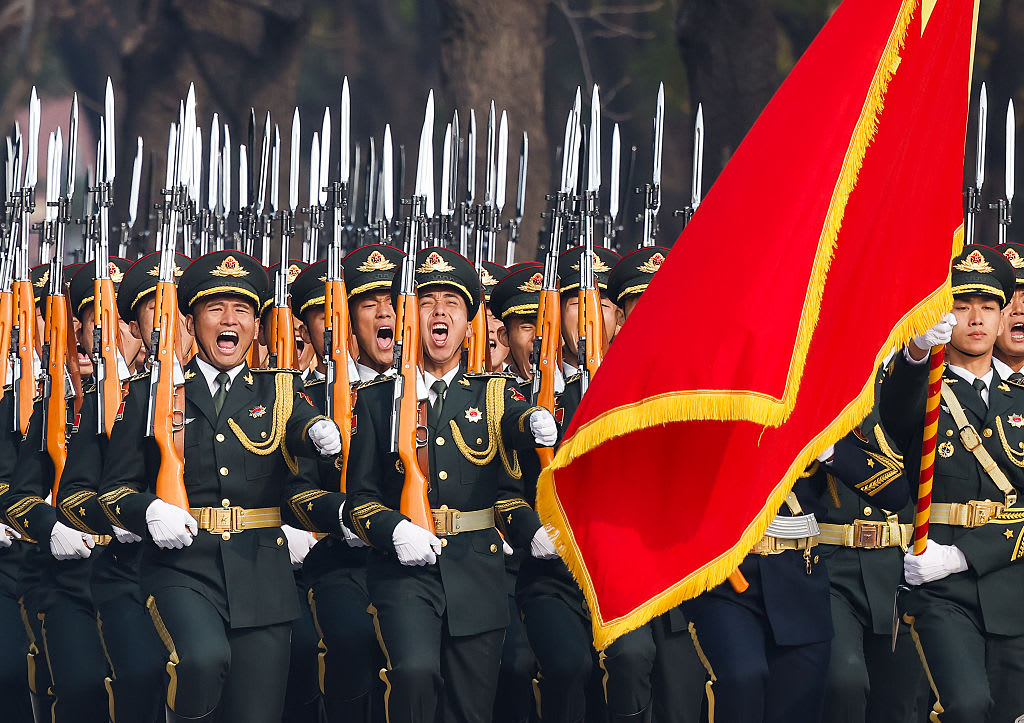COVID in China: Beijing braces for possible return to coronavirus lockdown as cases mount
Tokyo — Health officials have ordered more than 20 million people in Beijing to get COVID-19 tests this week in an effort to avoid a full lockdown of China's capital. Beijing authorities reported 46 new cases on Wednesday, bringing the total since the start of the latest outbreak on Friday to over 100. Already a roughly three-square-mile section of the capital has been cordoned off, with residents allowed out of their homes and most businesses still open, but nobody allowed in or out of the area.
Sticking to its strict "zero-COVID" policy, the government hopes to completely stamp out cases in Beijing by quickly identifying and confining anyone who's positive through the mandatory mass-testing.
As CBS News senior foreign correspondent Elizabeth Palmer reports, the spectacle of a silent and empty Shanghai — now more than a month into its huge lockdown — has astonished the world and alarmed many Chinese. The capital is hoping to avoid the fate of China's financial hub and most populous city.
Millions of Chinese watched in shock as scenes of chaos and protest filled their social media feeds earlier this month when some Shanghai neighborhoods actually ran out of food. So, it's no surprise that Beijing residents rushed to grocery stores and stripped the shelves when authorities announced that COVID was once again spreading in the city.
Panic buying has subsided in the capital, and the city government has vowed to keep store shelves replenished, ensuring residents that the "supply of daily necessities in Beijing are now sufficient and stable."
City officials said extra stocks were being coordinated for markets and grocery stores, insisting "there is no need for citizens to stock up on vegetables in advance."
While the number of cases remains extremely low by international standards, health officials have ordered immediate testing for everyone. Millions will have to line up and get swabbed three times this week, and many fear a general lockdown could be looming.
For U.S. businesses based in China, from car manufacturers to assembly plants, this outbreak is just the latest blow to the workforce — and it's starting to affect recruitment.
"Roughly 70% of companies said they're having a hard time getting executives here. Another 30% said the executives who were qualified to come are no longer willing to come to China," Michael Hart, president of the American Chamber of Commerce in Beijing, told CBS News.
While Beijing residents — some 20 million of them — comply with the testing order and hope for the best, they're bracing for the worst. Hart, like many others, says he's filled his fridge and freezer, "and I continue to stock up."
Asian stocks dropped sharply on Monday as both Chinese and international companies continued to face critical shipping slowdowns and labor shortages thanks to the virus that first emerged in China almost two and a half years ago.
Shares prices have bounced back, but not enough to wipe out the losses from early in the week, and with so much doubt about what comes next in Beijing, the rebound could be a slow one.




